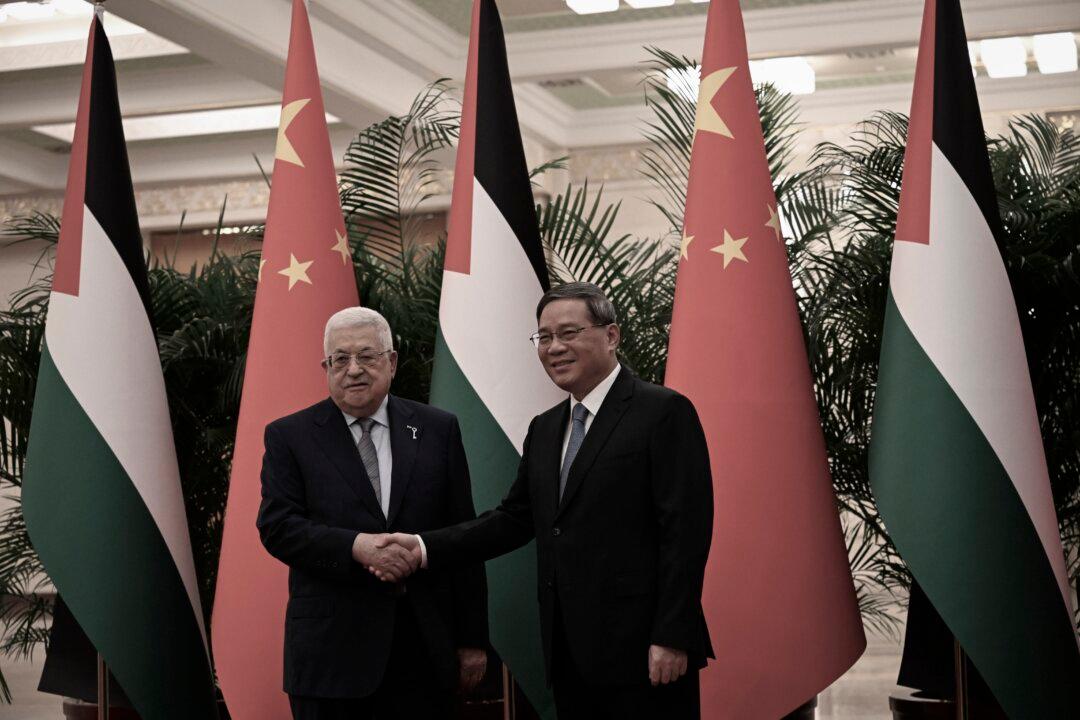Rival Palestinian groups Hamas and Fatah have recently held talks in Beijing, seeking reconciliation through dialogue. Amid tensions between the United States and China, analysts view China’s move as aiming to counterbalance American efforts for peace in the Middle East.
Hamas is the terrorist group that has controlled Gaza since 2006, while Fatah is the largest faction of the Palestine Liberation Organization (PLO) which controls the Palestinian territories in the West Bank. On Oct. 7 last year, Hamas launched a brutal terrorist attack on Israel that led to the massacre of about 1,200 people, while hundreds more were taken hostage.





